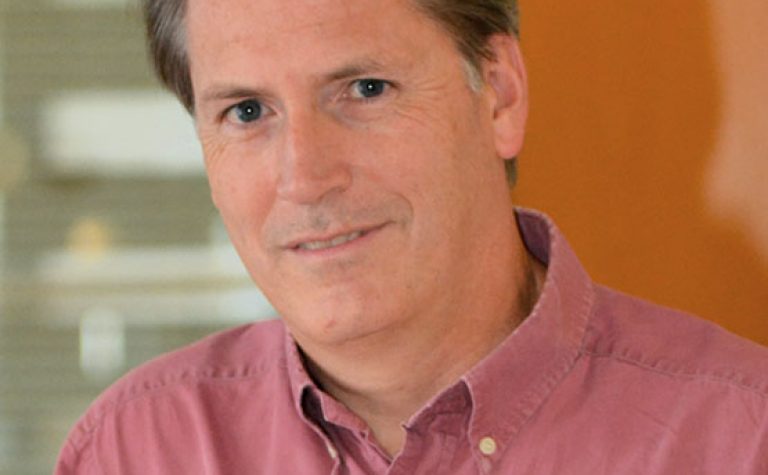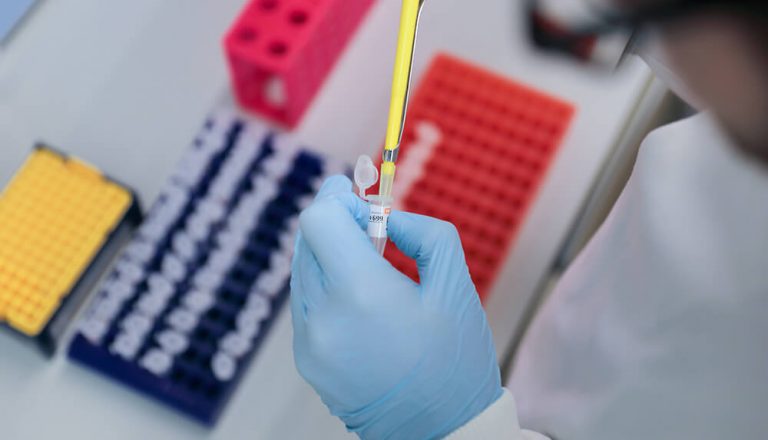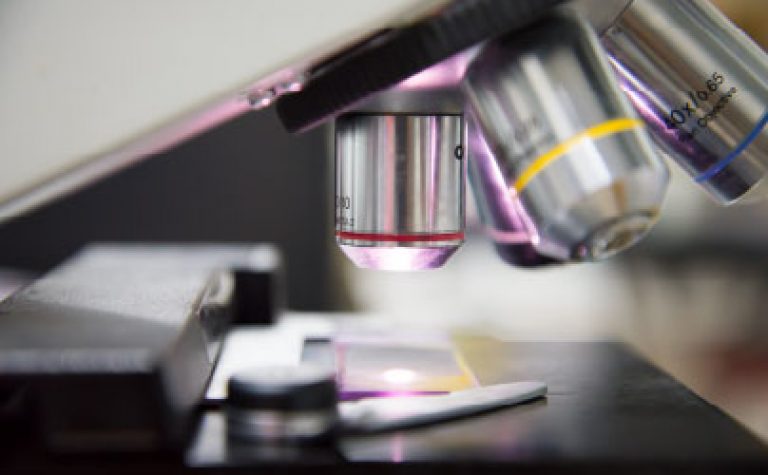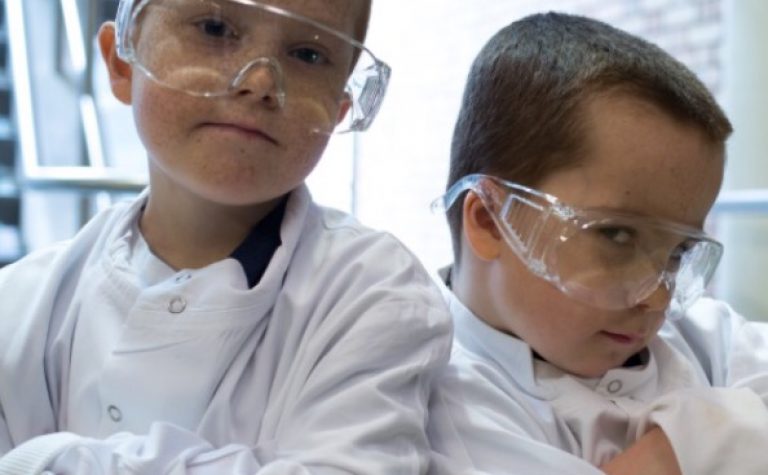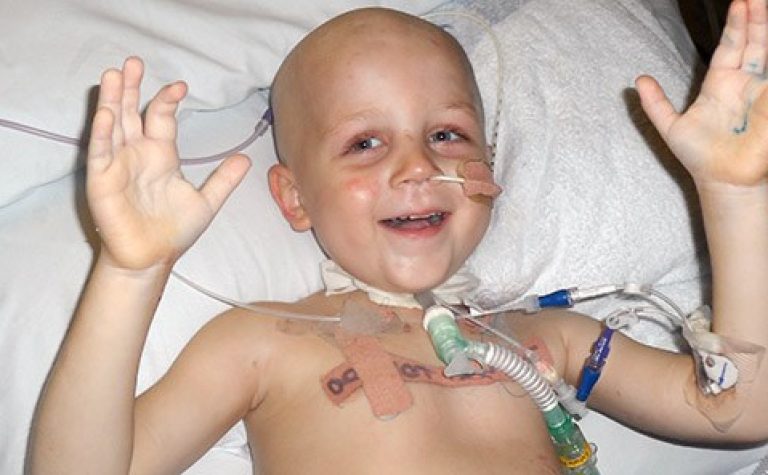Diffuse intrinsic Pontine Glioma (DIPG) and other gliomas in children remain some of the most difficult childhood cancers to treat, and new therapies are urgently needed to save the lives of children with these conditions. Survival rates are low, and there has been little improvement over the last 20 years.
But doctors have seen amazing results in trials using immunotherapy to treat some types of leukaemia, and there is evidence that it could provide a new way of treating DIPG and other cancers as well.
But although scientists have developed a new T-cell (a substance which, when introduced to the body prompts an immune response which can attack tumour cells) which may be suitable for targeting these tumours, there remain some major hurdles to overcome before it can be developed into a real treatment.
First, doctors need to be sure that the new T-cell will only target the cancer cells and not the healthy cells surrounding the tumour. Then they need to find a way to get the T-cells into the tumour in a way that they will survive and be able to do their work.
